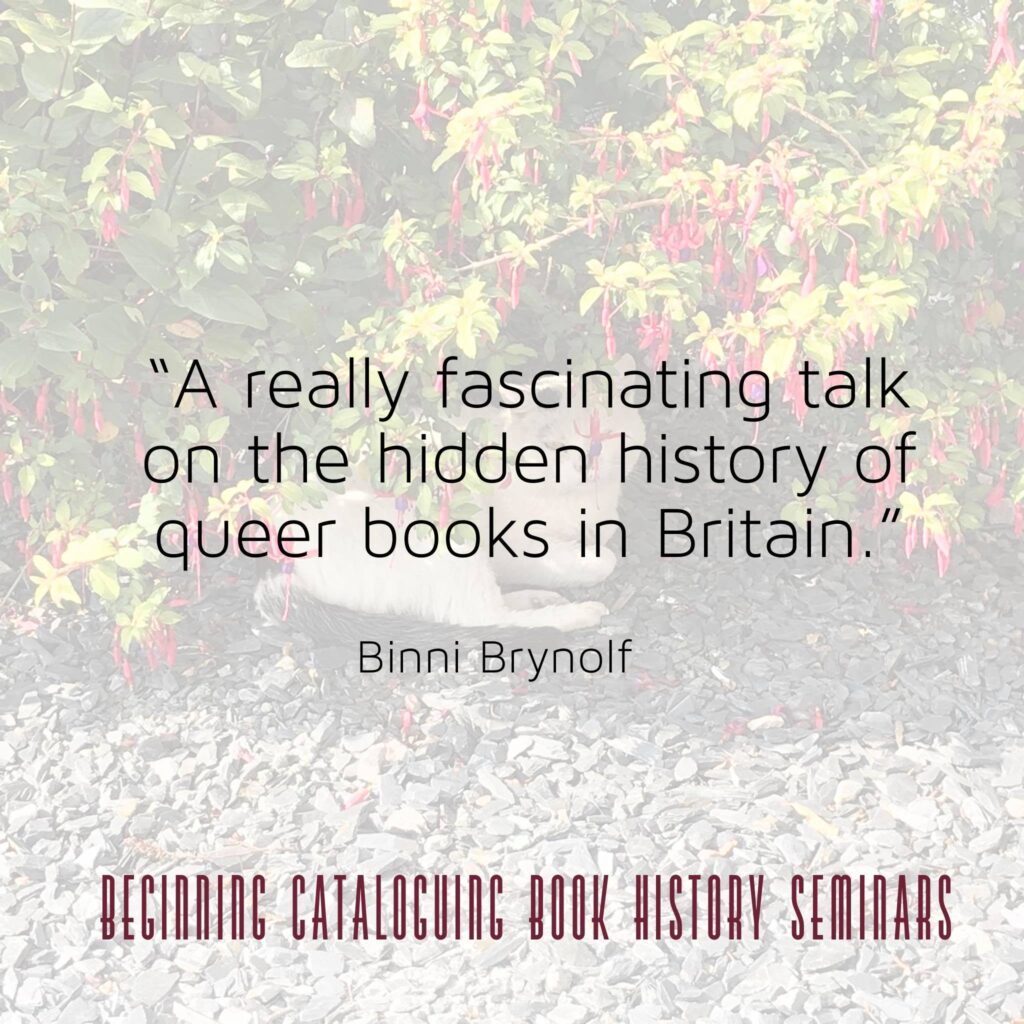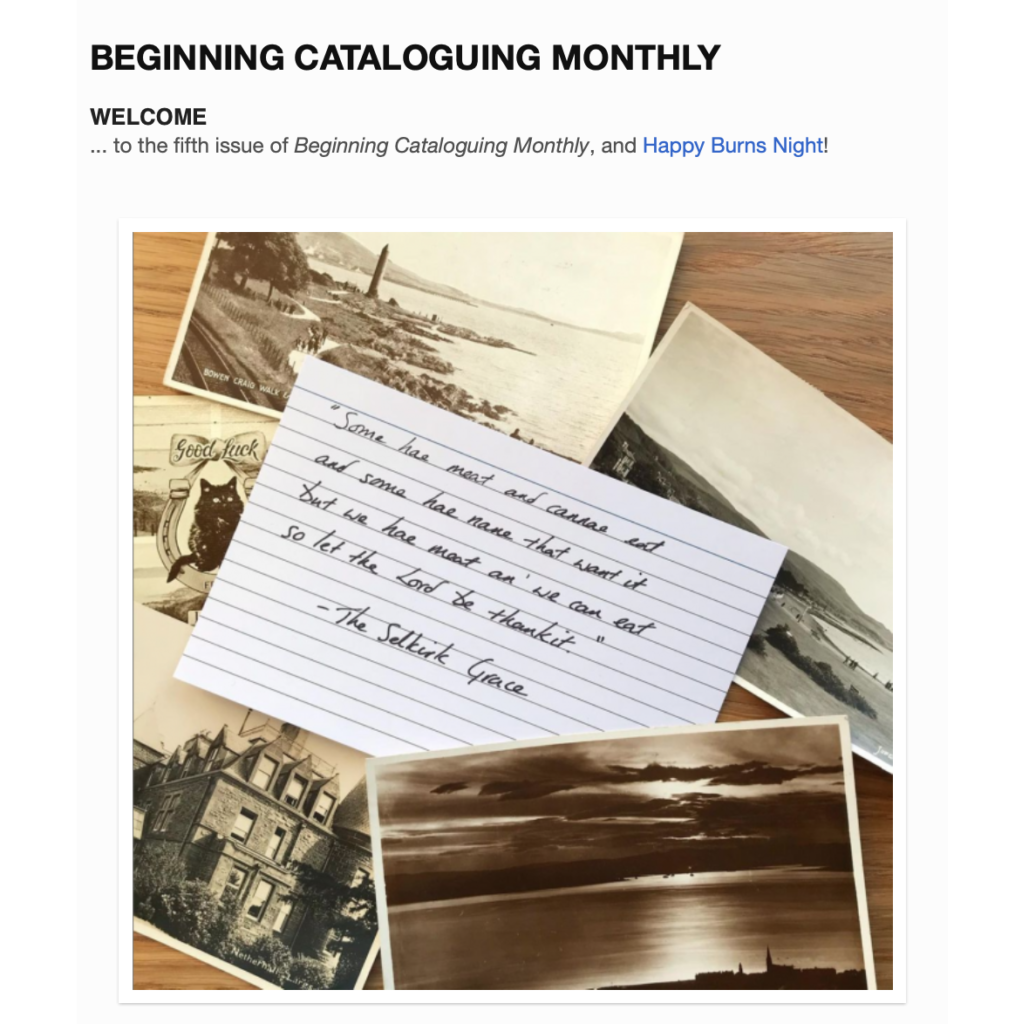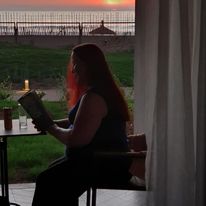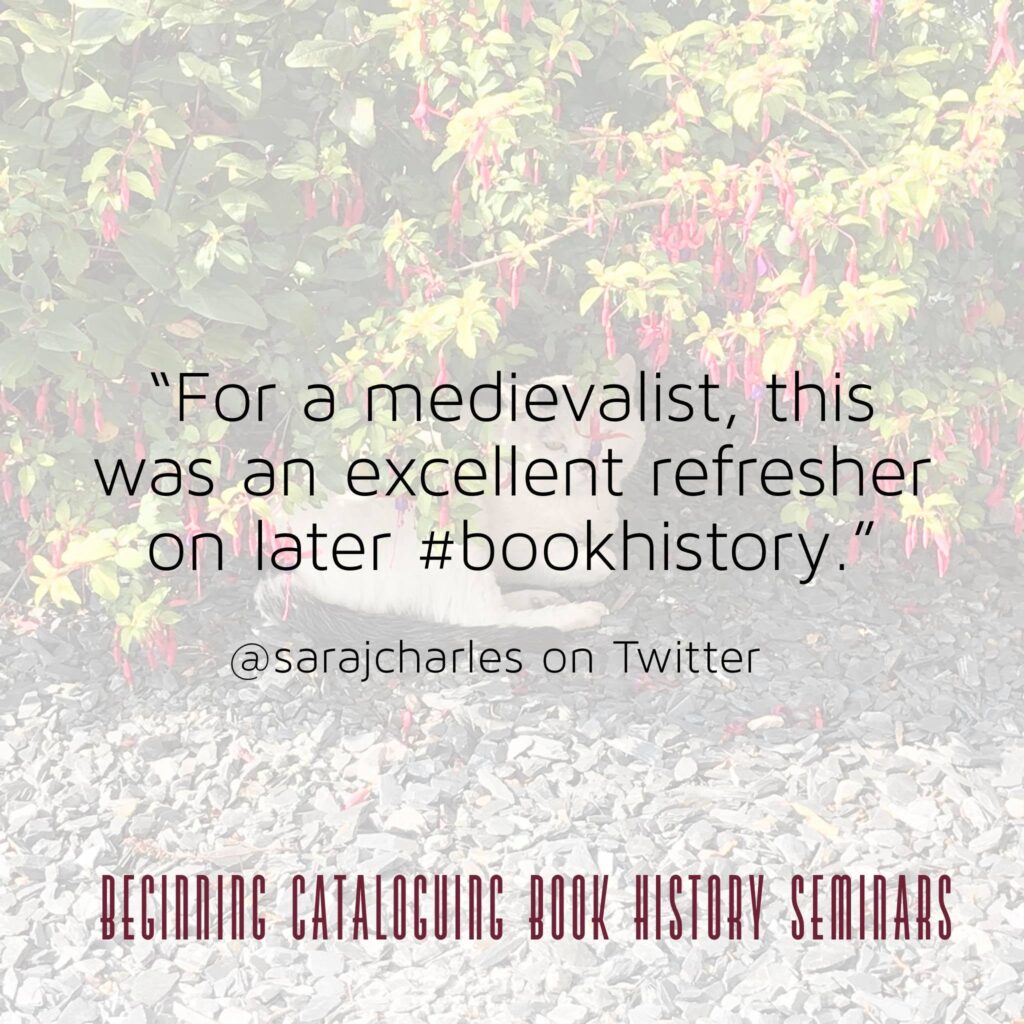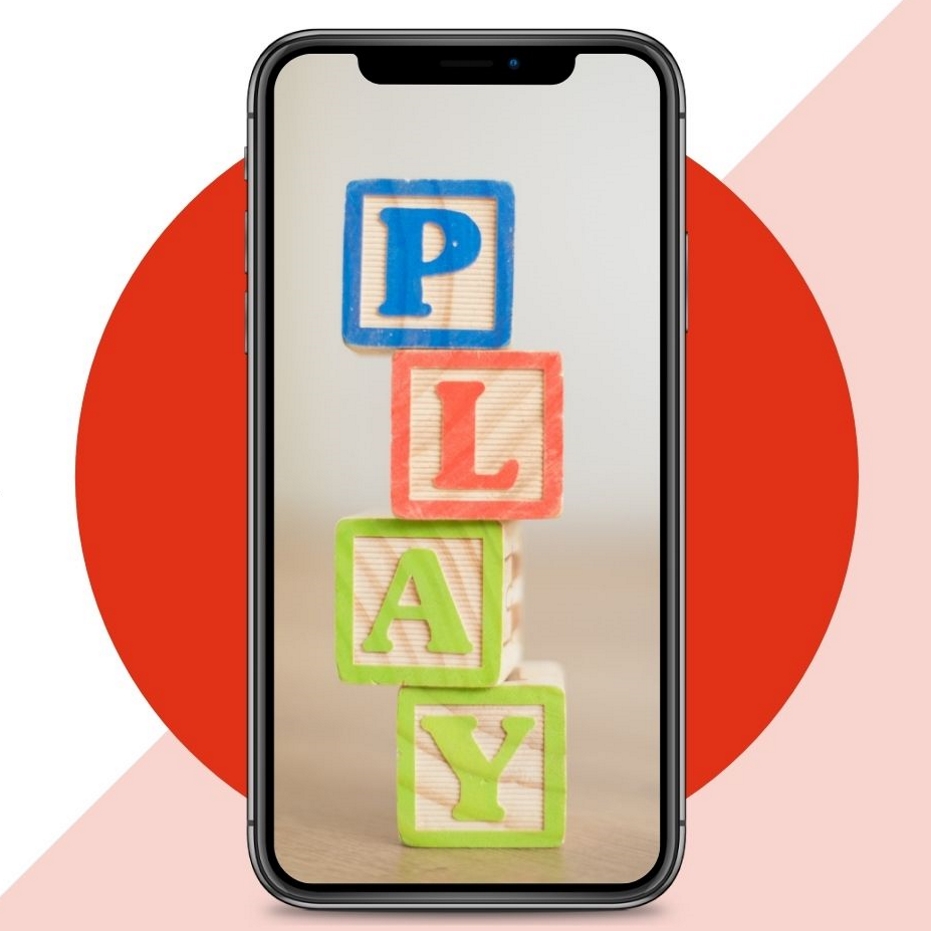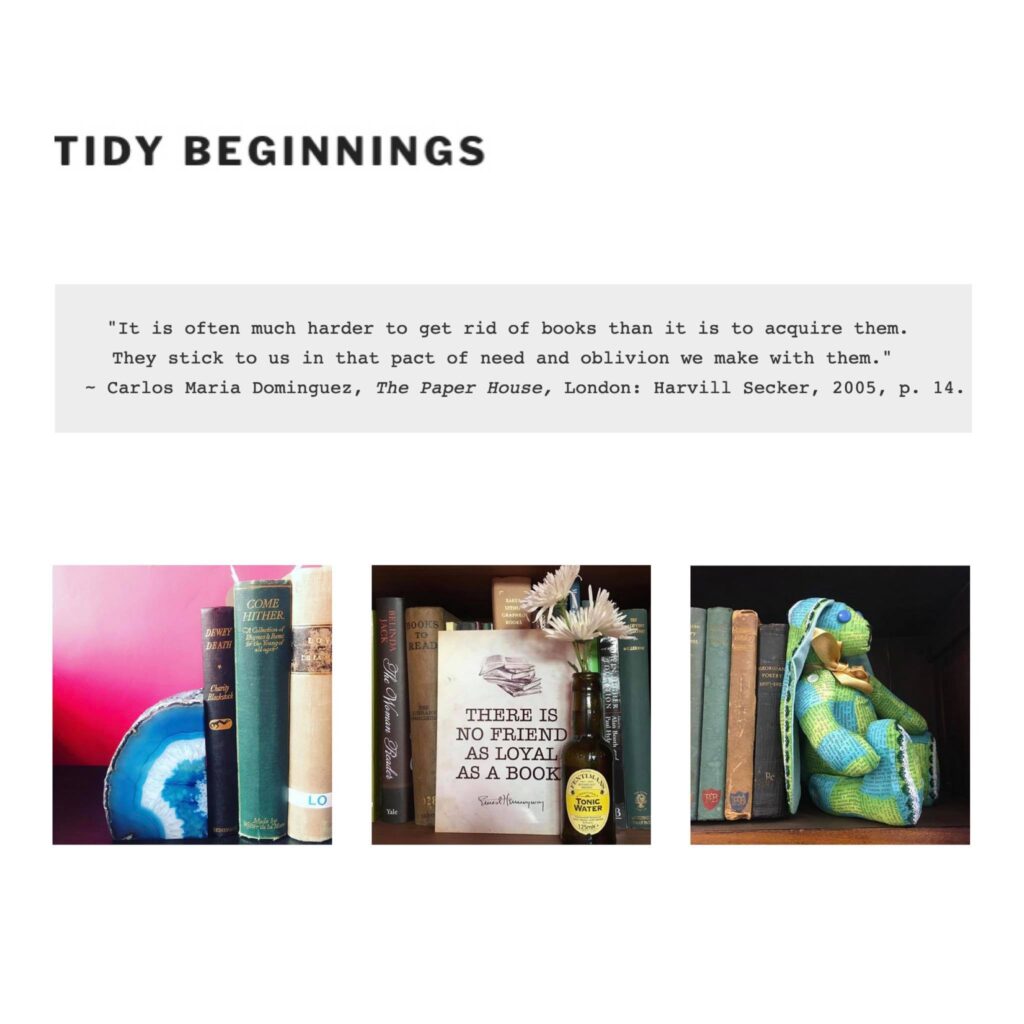
Tidy Beginnings is open for bookings. An extension of my cataloguing work, it offers easy-to-access private librarian, professional organising and decluttering services.
Find out more here, and book a free discovery meeting to see if I’m the right fit to help you with:
- decluttering your home
- tidying up your workspace
- organising your books and papers
- moving – house / studio / after retirement (N.B. Not a removals service – we can help you plan, pack and unpack)
- creating an inventory
- preparing materials for sale or donation
- cataloguing, where a finding aid and / or fuller inventory is required
- any other activities you might expect from a private librarian, archivist or professional organiser
A verified member of APDO, the UK’s membership association for decluttering and organising professionals. APDO sets standards, provides professional development and supports the growth of the industry.


